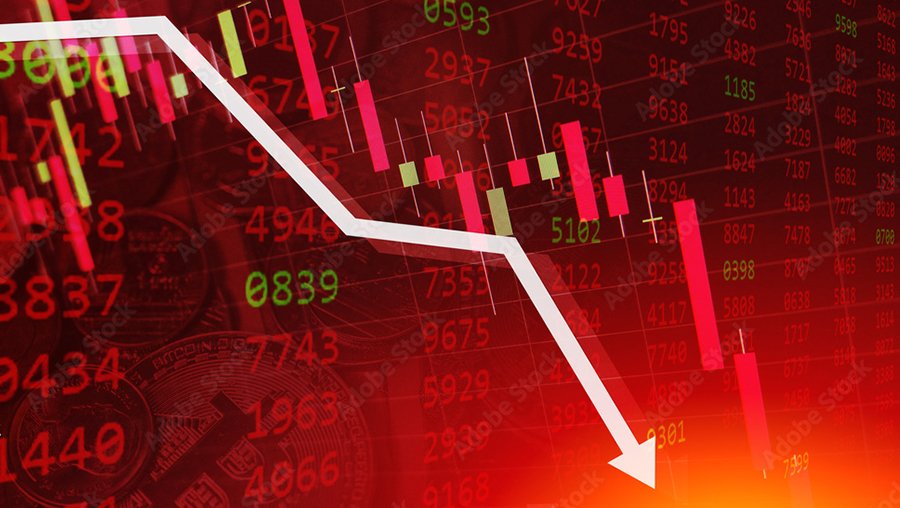Internet usage in Nigeria decreased for the first time since February 2024, totaling 850,249.09 terabytes in September 2024, a decrease of 0.82% from 853,954.05 terabytes recorded in August 2024.
This insight points to variations in data consumption patterns among users, according to the latest communications report released by the Nigerian Communications Commission (NCC).
Trends in monthly data show fluctuations in usage over the past few months, with notable increases observed in earlier months.
September 2024: 850,249.09 TbAugust 2024: 853,954.05 TbApril 2024: 766,708.12 TbMarch 2024: 753,388.77 TbFebruary 2024: 694,804.54 Tb
As of September 2024, MTN continues to lead the market in terms of active subscribers across major carriers in Nigeria, with an effective subscriber count of 78,097,681, accounting for 50.50% of the total subscriber base .
Following MTN is Airtel with 53,748,688 subscribers, accounting for 34.76% of the market. Globacom ranked third with 19,152,907 subscribers accounting for 12.39% of the market, and lastly 9mobile recorded 3,635,160 subscribers accounting for 2.35% of the total market.
Contribution to communications GDP
The contribution of the telecommunications sector to Nigeria’s Gross Domestic Product (GDP) has shown a significant upward trend, highlighting the critical importance of the sector to the country’s economic landscape.
In the second quarter of 2024 (Q2 2024), the telecommunications sector accounted for 16.36% of Nigeria’s GDP. This is a significant increase from the 14.58% recorded in the first quarter of the same year (Q1 2024) and reflects solid quarter-on-quarter growth of 12.19%.
Year-over-year comparisons further accentuate this growth, as the telecommunications industry’s GDP contribution increased from 16.06% in Q2 2023.
This consistent upward trajectory highlights the resilience of the sector and its increasing role in supporting economic activity across a variety of industries. As Nigeria continues to advance technologically, the telecommunications sector will not only facilitate communication but also increase productivity, innovation and overall economic performance. This increased contribution could be due to several factors. First, the increased penetration of mobile and internet services has expanded access to digital platforms, allowing more businesses and individuals to participate in the digital economy. Additionally, with network expansion and as of September 2024, Nigeria’s 5G penetration rate will reach 2.19%, up from 2.12% in August and 1.95% in July. This steady increase reflects the increasing adoption of 5G technology, which promises improved internet speeds and connectivity. What you need to know The GSMA, the global association of mobile network operators, has reported that 120 million Nigerians will not have access to mobile internet by the end of 2023. This gap indicates that many individuals live within mobile broadband coverage but do not have internet service. Globally, 3.45 billion people, or 43% of the world’s population, remain unconnected. The report highlights the affordability and digitalization of devices. In low- and middle-income countries (LMICs) like Nigeria, skills are a major barrier to mobile internet adoption. In these regions, the cost of an entry-level internet-enabled device can reach 18% of average monthly income, rising to 51% for the poorest 20%. In sub-Saharan Africa, this cost can consume up to 99% of the average monthly income. Follow us to get the latest news and market information.
Source link Read more related news on Gnews

